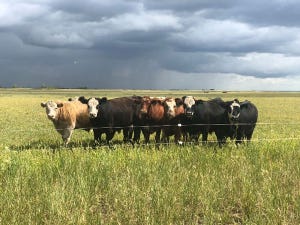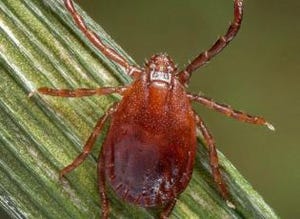New case of eastern equine encephalitis (EEE) in Monmouth County brings the total for the state to three for this year.
September 12, 2018

A 7-year-old horse in Monmouth County is the third reported case of Eastern Equine Encephalitis (EEE), a serious, mosquito-borne illness in horses, in New Jersey for 2018. The horse had not been vaccinated against EEE in 2018 and was euthanized on Sept. 4.
“This is another sad and unfortunate reminder that horse owners need to be vigilant in vaccinating their animals against diseases spread by mosquitoes,” New Jersey Secretary of Agriculture Douglas H. Fisher said. “Vaccinated animals are much less likely to contract deadly diseases such as EEE and West Nile Virus.”
EEE causes inflammation of the brain tissue and has a significantly higher risk of death in horses than West Nile Virus infection. West Nile Virus is a viral disease that affects a horse’s neurological system. The disease is transmitted by a mosquito bite. The virus cycles between birds and mosquitoes with horses and humans being incidental hosts. EEE infections in horses are not a significant risk factor for human infection because horses (like humans) are "dead-end" hosts for the virus.
With the higher than average number of mosquitos this season, due to the hot and wet weather, livestock owners in the state are strongly encouraged to vaccinate against EEE and other mosquito-borne diseases.
The other two cases in 2018 occurred in August and were in Monmouth and Camden counties. Both of those horses had to be euthanized as well.
Effective equine vaccines for EEE and West Nile are available commercially. Horse owners should contact their veterinarians if their horses are not already up-to-date on their vaccinations.
You May Also Like



